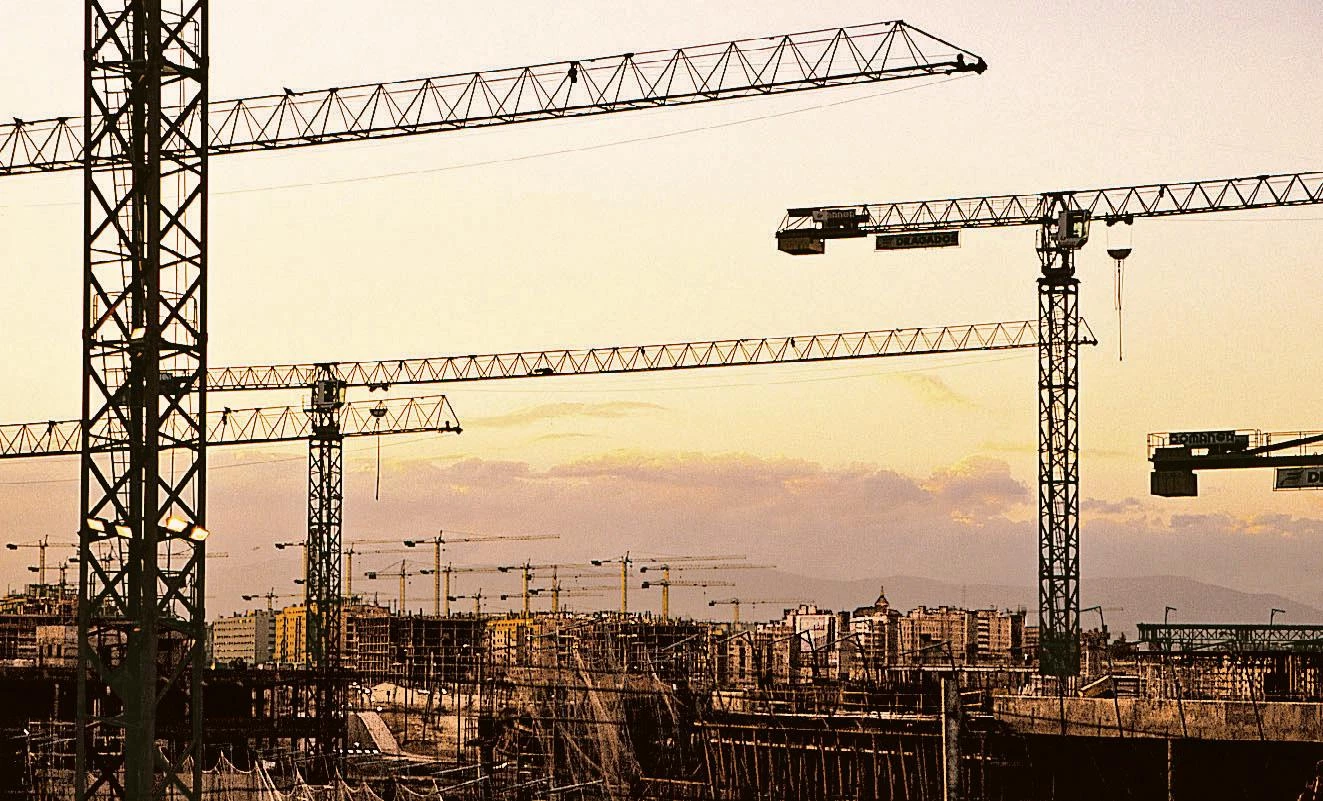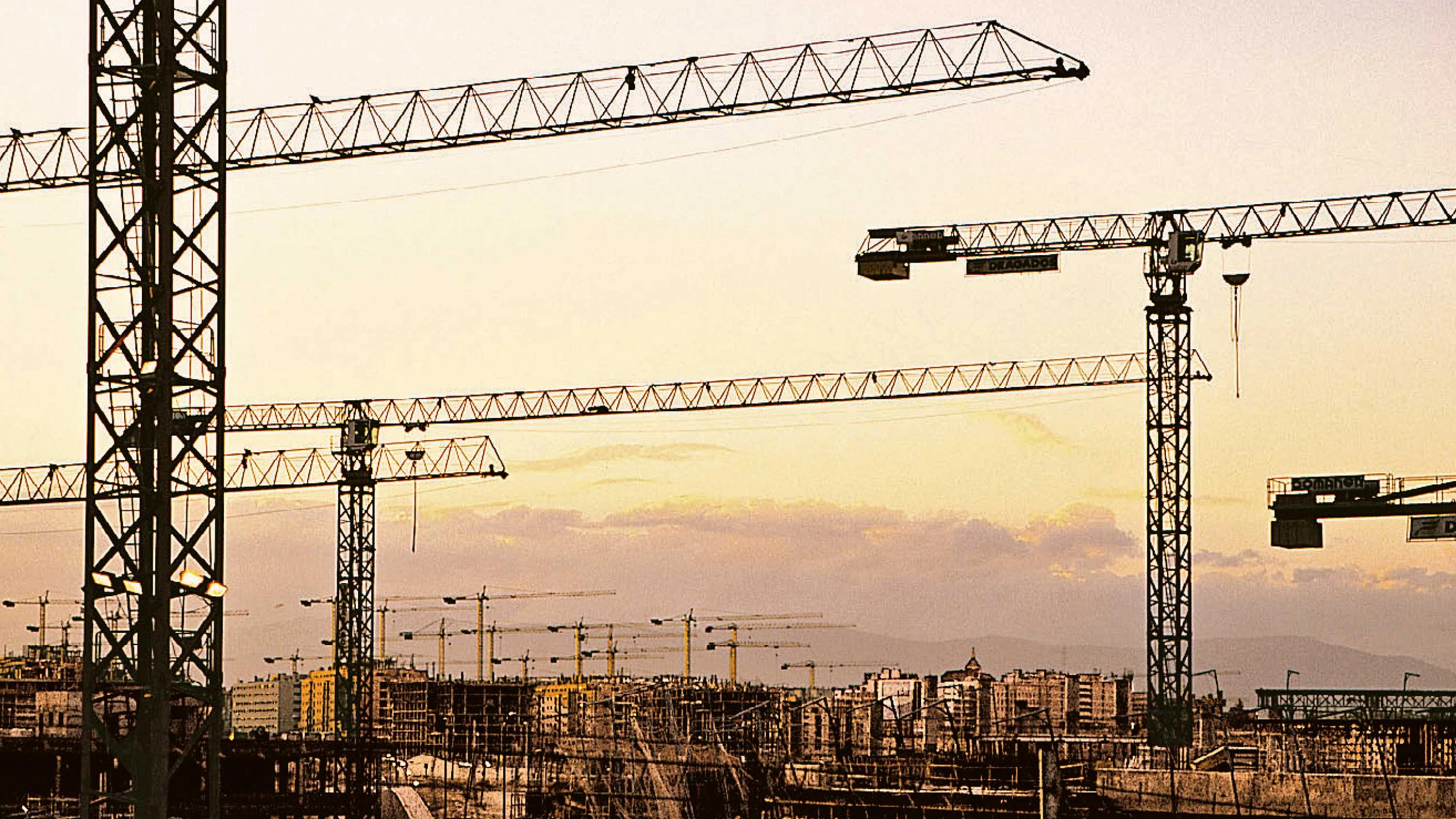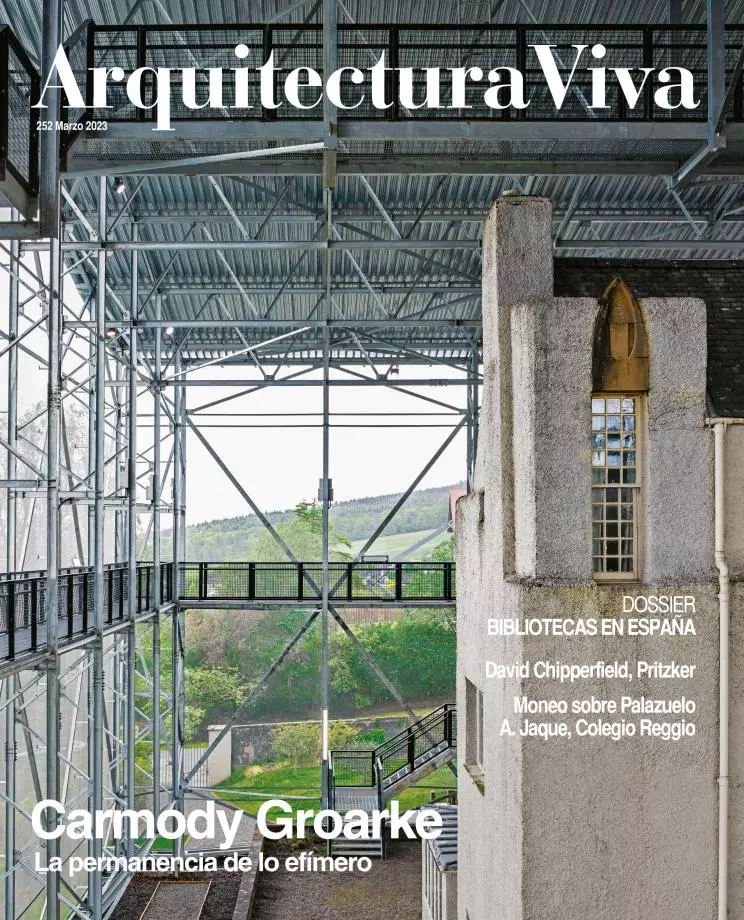
Architecture is a profession that oozes optimism, but nowadays we have to reflect on what could be called a ‘crisis of architecture.’ Crises need to be not worrying but rewarding, as they are ultimately synonymous to reflection and adaptation to new social, cultural, and technical conditions. Recurring regularly, they are an inherent part of the identity of disciplines, and play a major role in reinforcing them. But in the world of today, circumstances arise – exogenously imposed on architecture itself – and define a reality that makes our task, as architects, difficult to carry out.
I am referring to changes in the systems by which architecture is thought out and executed, whereby a corporate order triumphs which reduces architecture to a systematic product divided into parts, pays attention to the world of descriptive reason to the exclusion of the world of intuitive synthesis, and in the name of a supposed efficiency puts aside the unitary thinking pertaining to the project as well as the creative processes that are more personal and relevant to the particular problem at hand.
Equally deplorable is a social and political structure which, in pursuit of an impossible security and demonstrating a strong aversion to risk (society has always progressed when people took risks individually or collectively), creates regulatory frameworks of every kind in which architecture loses creative value. And to present a third cause, among many others, we should mention the diminished role of the collective and public sphere in the city, especially since the financial crisis of 2008, the one truly important factor in the transformation of realities affecting architecture. The public sphere has subtantially declined in importance in the city.
As guarantors of urban quality and as promoters of good architecture, public powers have found themselves constrained by a fragile and fickle economic and social reality that has made them forget what is essential. It is time to remember that architecture and the city are worth investing in, and that just as citizens have a right to quality healthcare, we ought to call for decent architecture where everyone can live better. Architecture should not be a luxury for the enjoyment of just a few.
The hostility to architecture mixes up means and ends. Although the instruments and contexts keep changing, the grounds for architecture – to help people live better and to leave a mark of their times – are immutable. If these objectives are confused with the means, the value of the discipline is in danger of diluting. Yet it is important to keep relaying a message of optimism, because despite everything, architecture will continue to turn problems into opportunities, separating the substantial from the purely instrumental, and harnessing all the new technical resources available.
This month in Pamplona we present Instituto BAI (Instituto de Innovación e Industrialización de la Arquitectura), a national center which by developing systems based on advanced technologies – in the spirit of building more efficiently and responsibly in economic and environmental terms – will help improve architecture and make it more accessible and affordable, especially in housing. In the process, this will contribute to solving one of the structural problems of a productive fabric that still shows huge deficiencies.






